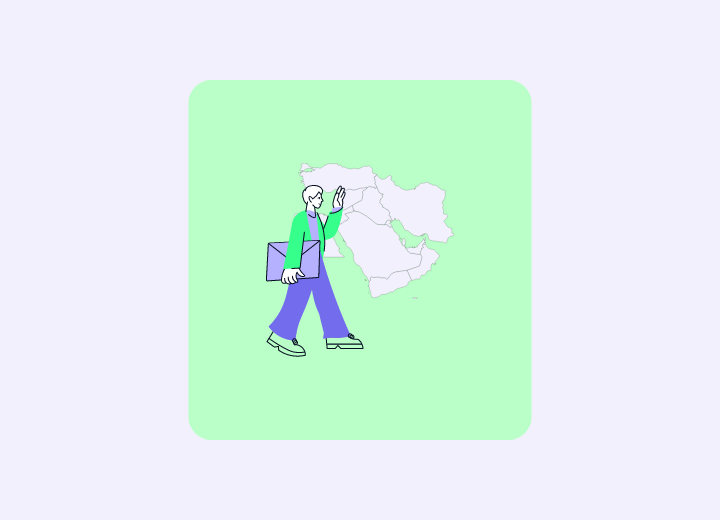There are a few things you need to keep in mind:
3.1 Be Prepared to Be Interrupted
“Tell me about something new you learned at work.”
“Sure, back in 2018, I was working on this Oil and Gas project for the first time when I did not have any experience in this industry…-“
“So, what did you learn about Oil and Gas?”
“Well, I learned about the production process, how to report energy assets on the books…-“
“So, how DO you report energy assets on the books.”
“Umm, companies typically cannot capitalize research expenses but can capitalize exploration expenses…-“
“Okay, understood”
You get the idea. Some interviewers, especially at the partner round, are impatient. They want to know what EXACTLY you have done, and they want to know it quickly. They have done hundreds of interviews and have heard similar answers a bunch of times.
The best approach in this scenario is:
- Never lose your cool – No matter how many times you are interrupted, you must not lose your cool. Continue behaving professionally and calmly to answer the question you are being asked.
- Do not rush – Say fewer words, but say them clearly and slowly. Running your answer gives away nervousness, and you will tend to give less thought-out answers.
- Be extremely structured but not robotic – Speak with emotion, but use bullet points. “I learned about 1) The accounting for Oil and Gas, 2) The production process for Oil and Gas 3) The distribution process for Oil and Gas. Do you want me to elaborate on any/all these points?”
- Be concise, but be ready to elaborate – self-explanatory :)
3.2 Edit on the Go to Adjust Your Speed
“Tell me about yourself ... quickly”. Quickly? This throws you off. This is the one answer that you have been preparing for hours and are confident about your material – starting with your background, experience, values, hobbies, and motivation to apply – how on earth am I supposed to answer this quickly?
Candidates often make a grave mistake here – they try to squeeze in their entire answer in 30 seconds. As a result, they sound rushed and nervous, and they tend to ramble.
The best advice is Edit, On The Go. For some answers (like Tell me about yourself), be prepared with a shorter version beforehand. For others, where you are not really prepared with a shorter version, you need to edit on the go – pick up on the body language of the interviewer and cut down on areas that you think do to connect well with them. Minimize the number of words you speak, but do not babble!
Try to match the speed of your interviewer – if your interviewer is a native English speaker, match their fluency/vocabulary/speed. Being a slow speaker will frustrate them. On the other hand, if your interviewer is a non-native English speaker, babbling will be perceived as ‘nervousness’ instead of being seen as having a high command over the language. Practicing your mocks with a variety of peers is a great way to be able to bring this versatility to your communication.
3.3 Dealing With a Distracted Interviewer
You may come across an interviewer who just does not seem to care about what you are talking about. Either they are checking their email, or phone, fixing their hair, smoking a cigarette (yes!) anything except you!
This could happen for a variety of reasons:
- They have had a rough day – they don’t have much energy left to conduct an interview, and they want to get this over with as soon as possible
- This is their interviewing style – they want to stress test you and see how you react!
- This is their personality – maybe this is just who they are! People can have distracted personalities!
- They have made up their mind that they are not going to hire you – maybe they don’t like the way you answered a question, they don’t like the way you communicate, it could be one of many things. But their opinion is that they don’t think that you are cut out for the job.
Now, for reasons 1-3 – it’s not your fault. For a reason 4, it is.
But of course, you do not know why they are acting distracted, and thus your plan of action should be as follows:
- Assume that it’s not you, it’s them – you must continue to be as professional as possible and continue with the interview with as much enthusiasm as possible. In no circumstance should you lose hope!
- Keep them engaged – if you sense that your interviewer is drifting off, try being more concise in your points; ask them more questions; improve body language; and adjust your communication style.
For example:
“Tell me a time when you dealt with a difficult situation.”
“Sure, can I tell you about a time when I handled a difficult conflict in my team?”
Instead of going straight into your answer, it always helps to get their buy-in into your story before you begin. Keeping them involved in your conversation will make them pay attention.
Ask them if they have any concerns – in the absolute worst case, where you see that the interviewer has stopped listening to what you have to say, maybe you could politely ask them if they had any concerns in your previous response that you could help alleviate. If they point out that you were incorrect in a previous answer, maybe spend a minute to amicably find a middle ground before moving on.
3.4 Handling Disagreement
An interviewer can strongly disagree with you for two reasons:
- To stress-test you and see how you react
- They have a strong reason to believe that you are incorrect, and you should take a hint to correct the course
Handling disagreement differs a lot between the fit part of the interview and the case part:
Handling disagreement in the Fit part of the interview
In the fit part, you are entitled to share your stories, and it is quite rare for an interviewer to disagree with YOUR story/experience. But it does happen. Examples:
Scenario 1:
“Tell me about your weaknesses.”
“Sure, I am very detailed oriented and sometimes miss the big picture.”
“I don’t think that’s a weakness.”
Scenario 2:
“I worked in xxx in their Strategy arm.”
“I don’t think xxx does good strategy work.”
Scenario 3:
“Why did you study at xxx university? It is not very well known!”
Now obviously, in these scenarios, there is nothing wrong with what you have said. They are clearly stress-testing you.
You need to practice with peers or a coach and learn how you handle yourself and politely push back while standing your ground.
This skill is helpful to have in the real world, where clients are constantly challenging your work.
Handling disagreement in the Case part of the interview
Now, in the case part of the interview, if the interviewer is challenging your quantitative result or acumen, then it’s definitely worth considering that they might hint that you have made a mistake.
Thus, during the case part of the interview, you should only disagree with the interviewer and hold your ground IF you are convinced that you are right, and you should be able to justify your opinion.
There is a fine line between “holding your ground” and “being un-coachable”. Be polite, re-think/re-check your position, and if you’re wrong then admit it and justify. If you’re right, then politely push back and explain your position clearly.



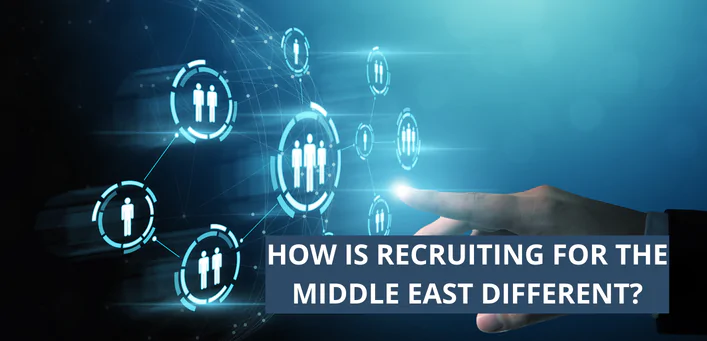

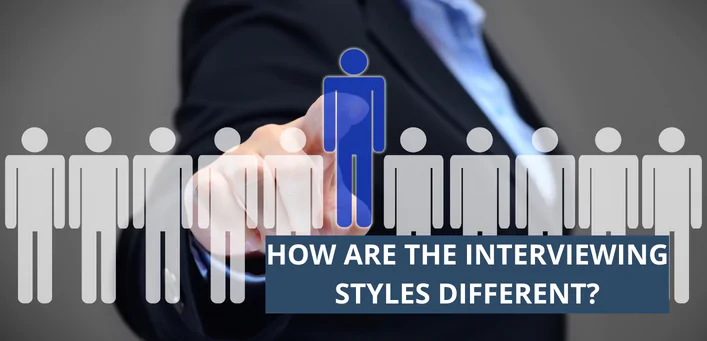

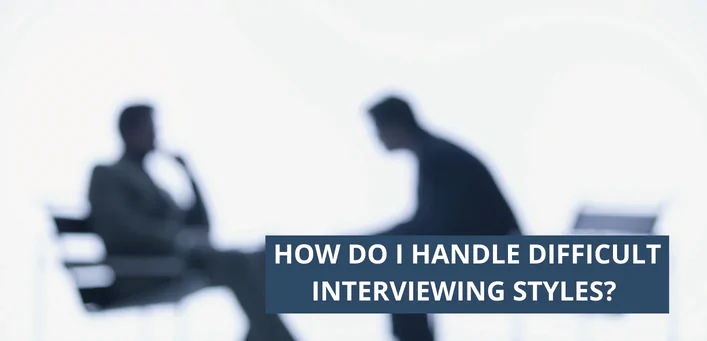

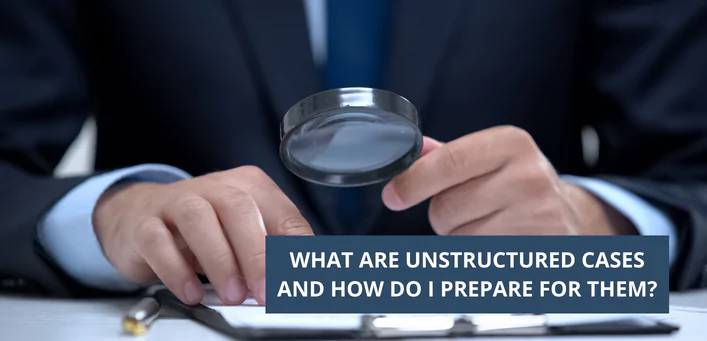



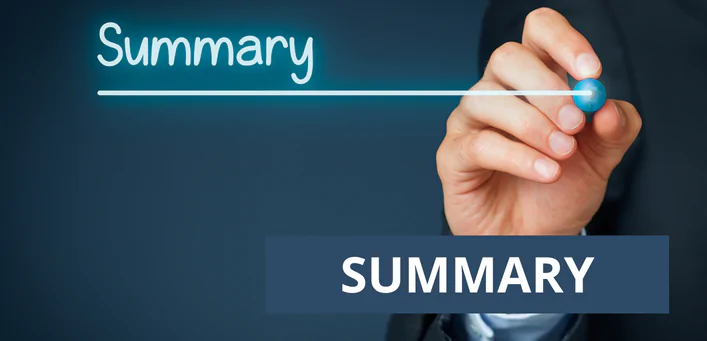

 Rushabh
Rushabh